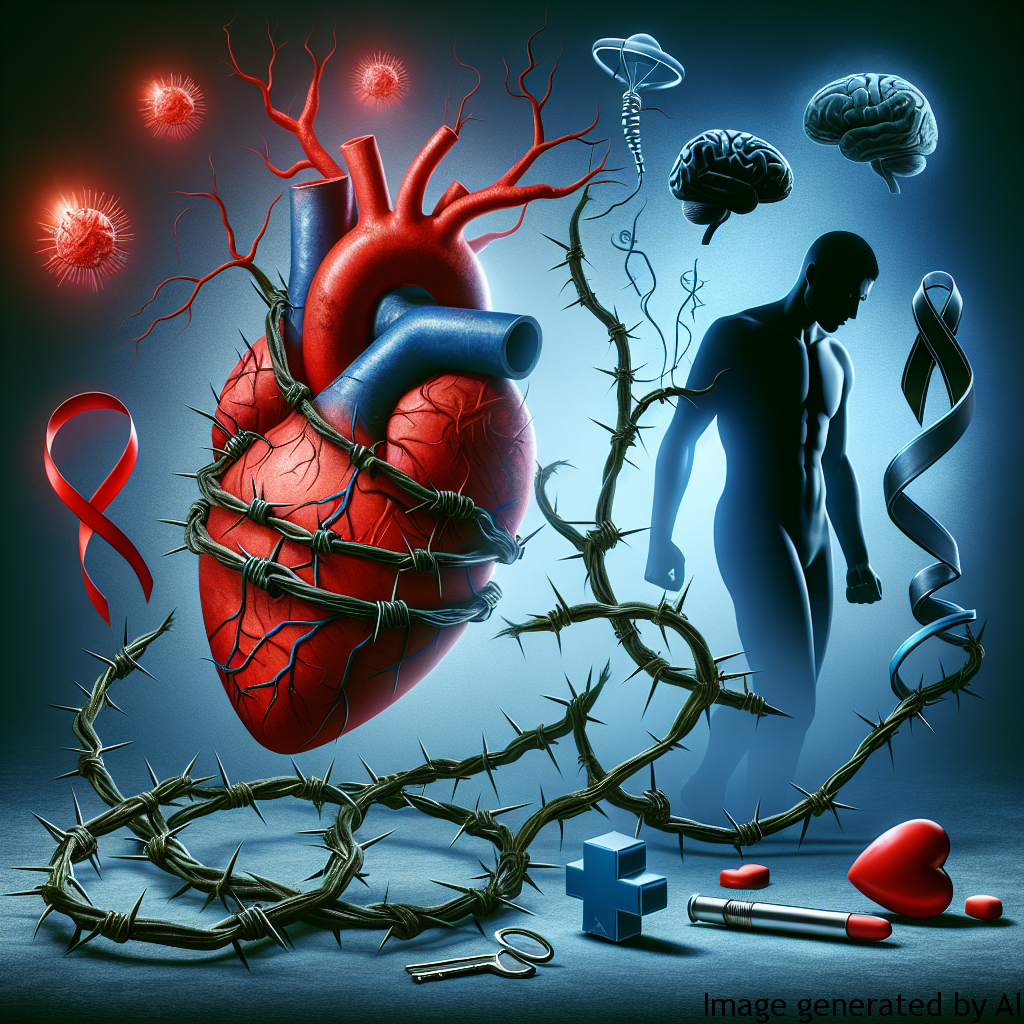Introduction
Trauma, stress, and Post-Traumatic Stress Disorder (PTSD) are psychological conditions that can affect individuals of all genders, impacting various aspects of their lives, including their libido. In the context of men, these conditions are viewed through the lens of societal gender expectations, which adds another complex layer to their experiences. Understanding the intersection of these emotional disturbances and the influence of gender roles is crucial in offering comprehensive care and strategies for improvement.
Gender Expectations and Their Impact on Men’s Mental Health
The ‘Strong Silent’ Type
The societal construct often portrays men as ‘strong’, ‘silent’ types who should manage feelings internally rather than expressing them outwardly. This perception can exacerbate the effects of trauma, stress, and PTSD due to increased pressure to suppress emotions, leading to internal distress that can affect aspects like libido.
Sexual Expectations
Men are often expected to maintain a high level of sexual desire and activity. However, psychological conditions such as trauma, stress, and PTSD can result in decreased libido, causing a rift between reality and societal expectations. This conflict can lead to feelings of inadequacy, further affecting their mental health.
Examples of How Gender Roles Can Affect Men’s Lives
Gender roles can significantly influence how men deal with trauma and stress. For instance, the societal expectation that men should ‘tough it out’ might deter them from seeking help, exacerbating their psychological struggles. Equally, chronic stress might be dismissed as ‘part of being a man’, leading to untreated mental health issues. Furthermore, the impact of these conditions on libido can be particularly challenging for men due to societal pressures around male sexual performance.
Tips for Improving Mental Health Considering Gender Roles
Firstly, it is crucial to acknowledge feelings of stress, trauma, and symptoms of PTSD, regardless of societal expectations. Seeking professional help should be encouraged and not seen as a sign of weakness. Secondly, men should be educated about the potential impacts of these conditions on their libido, reducing the stigma and fostering understanding. Emphasizing overall mental, emotional, and physical well-being over gendered expectations provides a more supportive, less judgmental space for individuals to heal and recover.
Conclusion
Understanding the complex interplay between trauma, stress, PTSD, libido, and gender expectations for men is a crucial step towards developing comprehensive mental health interventions. Challenging stereotypes and normalizing discussions about men’s mental health and libido is vital for fostering healthier attitudes and providing the necessary support. The importance of mental health must override the outdated constraints of societal gender roles, encouraging a balanced and understanding approach to men’s psychological care.

